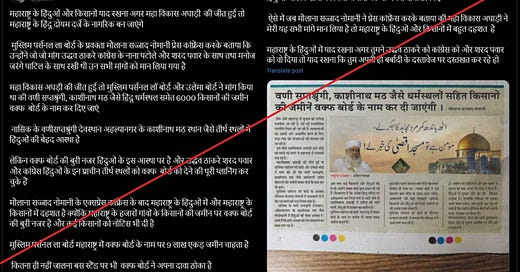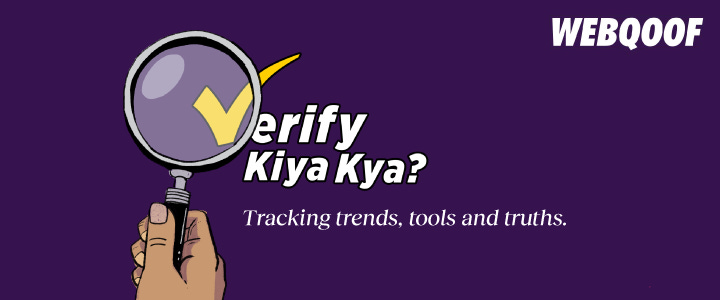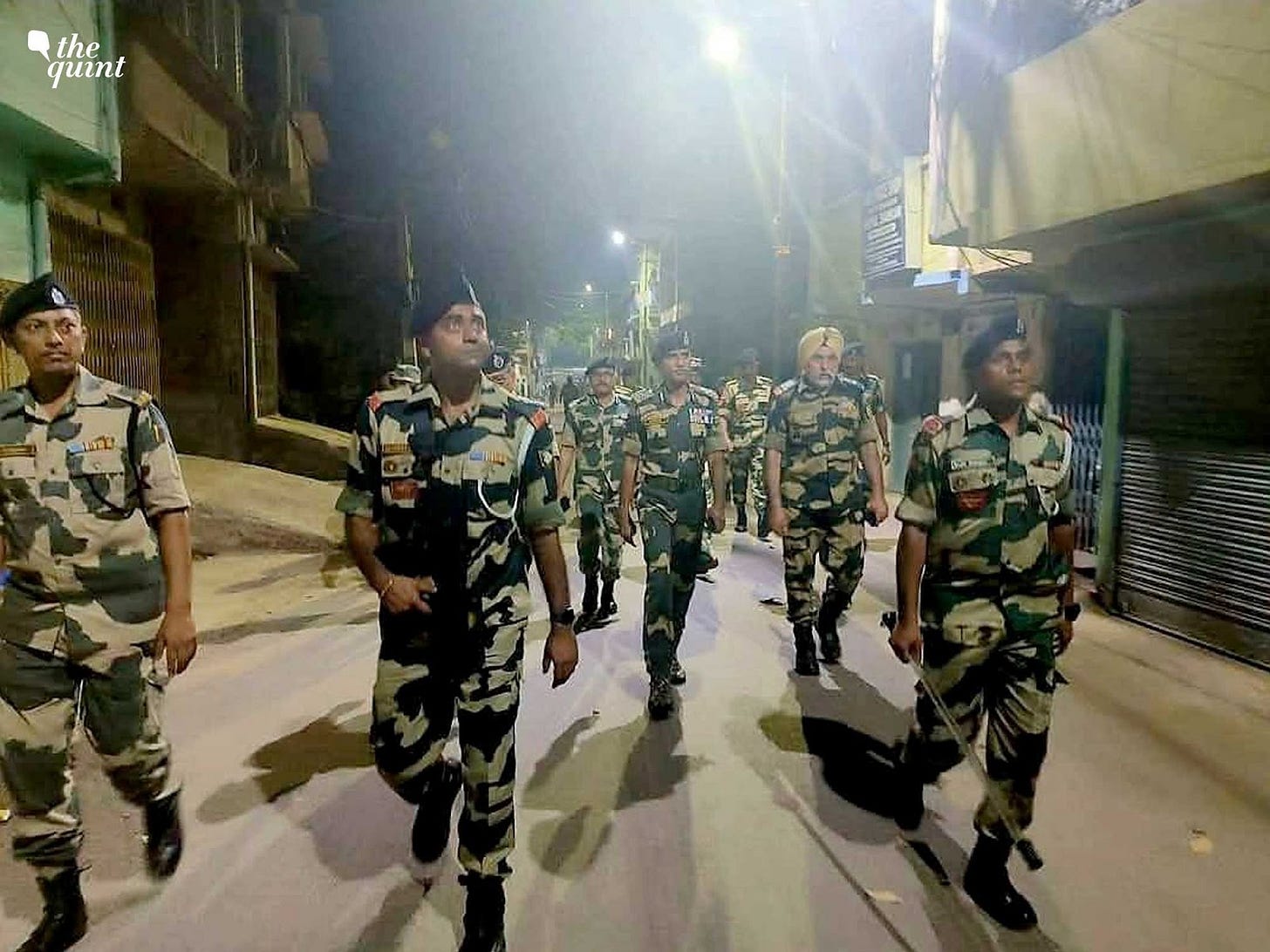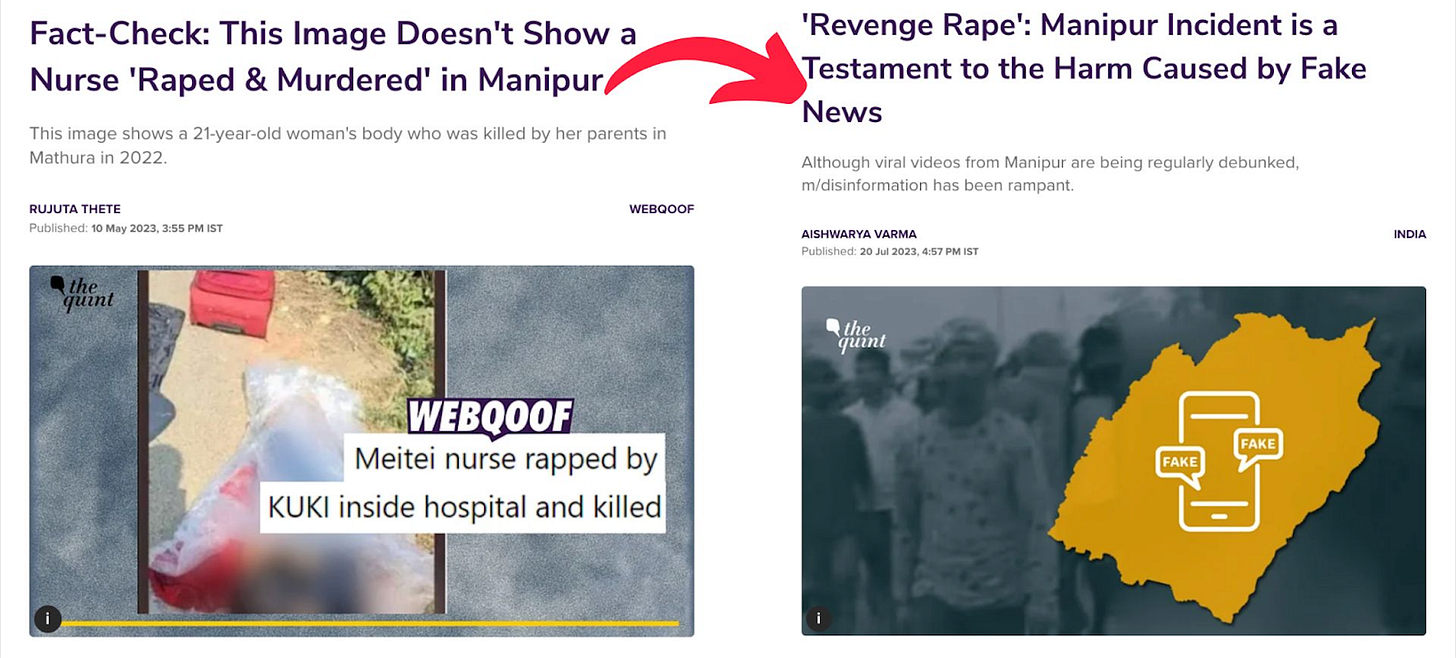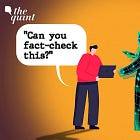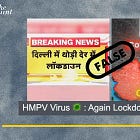Debunking the 'But It's Still Happening' Mentality: Why Every Fact Matters
Become a member because we need your support to fight against misinformation.
Whenever any fact-check is published during a time of crisis, we are often asked questions that begin with something like, “Okay, but what about…”. These conversations are often triggered by confirmation bias and the information vacuum that results from a lack of proper, verified information.
In the wake of recent events in Murshidabad, West Bengal, where protests against the Waqf (Amendment) Act escalated into violence, it's necessary to reflect on the role of information dissemination. The unrest led to multiple fatalities, injuries, and significant property damage, with over 400 individuals displaced from their homes.
A Case Study of The Murshidabad Incident
The Quint's fact-checking team identified several misleading narratives circulating on social media platforms during the unrest in Murshidabad. One such claim suggested that the Waqf Act allowed for the arbitrary seizure of private properties, which was found to be a misinterpretation of the legislation and based on a fake newspaper clip.
Another viral post falsely alleged that Muslims and Hindus were being called from different states to escalate violence, a claim debunked by official reports. These instances underscore how misinformation can exacerbate tensions and lead to real-world consequences.
Learnings From Manipur and Nuh
The situation in Murshidabad is not isolated. In Manipur, ethnic violence that began in May 2023 resulted in over 160 deaths. Officials noted that the unrest was significantly fueled by fake news and doctored videos. For example, a photo of a woman murdered near Delhi was falsely attributed to tribal violence in Manipur, leading to retaliatory attacks.
Similarly, in Nuh, Haryana, communal clashes were intensified by rumours spread via messaging apps, including false reports of attacks on religious sites. The Haryana government has formed a committee to monitor social media activities and take legal action against those who spread provocative content.
Similar instances have been seen in other countries and global conflicts like Ukraine, Gaza, the USA and the UK.
What is the Role of Fact-Checking in Such Situations?
Fact-checking serves as a vital tool in combating misinformation. During crises, timely verification of information can prevent the spread of false narratives. UNESCO has emphasised the urgent need for fact-checking training among online influencers to mitigate the spread of misinformation, which is critical in times of crisis because of their reach. According to a survey by UNESCO, two-thirds of content creators do not verify the accuracy of their information before sharing, leaving both themselves and their followers susceptible to incorrect information.
Moving Forward
To address the challenges posed by misinformation during crises, several steps can be taken:
Media Literacy: Educating the public to assess information sources critically.
Collaboration: Encouraging cooperation between media outlets, fact-checkers, and social media platforms.
Policy Implementation: Developing policies that promote transparency and accountability in information dissemination. By prioritising accurate information and fostering a culture of verification, we can build resilience against the spread of misinformation during times of crisis.
Stay informed and vigilant.
Become a member* of The Quint because we will need your support to continue our fight against misinformation. Consider contributing to our work.
Best,
TEAM WEBQOOF
Also Read:
*Already a member of The Quint? What a star! Your support empowers us to question everything.
Want us to cover a story? Write to us at editor@thequint.com or reply to this email.

